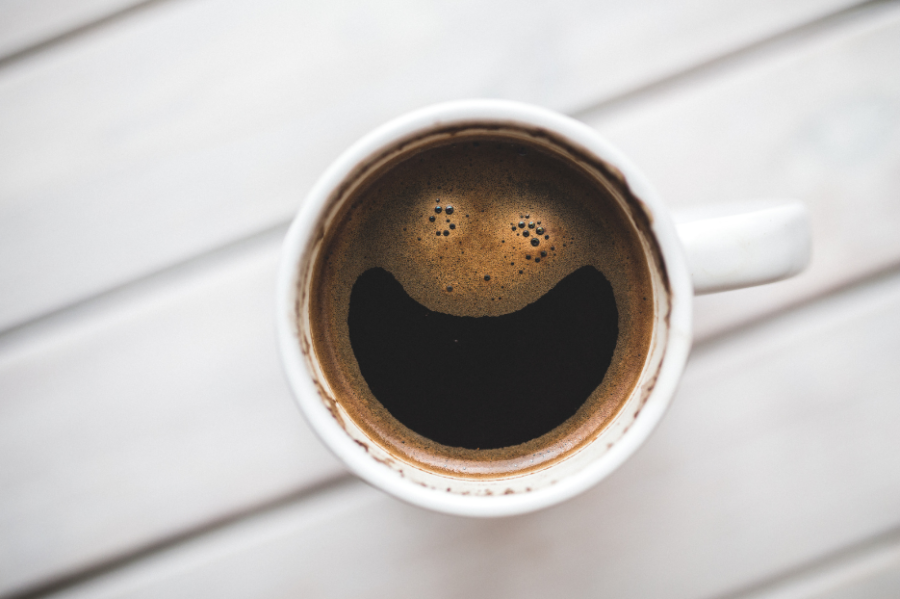I learned the phrase toxic positivity this week, and it makes me incredibly happy.
…Is that toxic?
I just love any acknowledgement of how much our collective lack of empathy sucks. Because it does. If everyone could hone their empathy skills just a bit more (including moi), we would fight with each other less, want to help each other more, and eagerly pay teachers $300 an hour plus overtime.
If you’ve never heard of it before, toxic positivity is the practice of bludgeoning suffering people with glib advice about “making the best of things,” “thinking positive[ly],” or “Hakunah Matataing.” It’s hearing that they are going through some real life crap—as are we ALL—letting that register in our deepest relational centers, and then texting back a Minions meme.
An important caveat is that having a generally positive outlook is healthy and helpful for your overall well-being. That’s nutritious positivity. Toxic positivity is used to steamroll others’ COMPLETELY VALID feelings and experiences. If someone is going through something sad, let them feel sad, damn it. Sit and listen and don’t offer a solution. If something unfair has happened, hold space for them to be angry about it. Everyone just wants their feelings affirmed. That’s the entire reason we have evolved to hold conversations beyond what to kill next and who is going to feed the cave squirrel. To be heard and seen.
When we skip straight to the poster of the frog strangling the pelican, we send the opposite message: what I hear and see is not a big deal. I choose not to understand you. I have no empathy for you.
I love that we have a name for this.
There are SO many iterations of toxic positivity, but one of the most triggering for me is directed at parents of young kids. We probably go a little overboard with complaining about parenting on social media, yes, but for every haggard mother venting about her toddler eating the last tube of Carmex, there’s a human Hallmark card to swoop in and shut her down. “CHERISH THESE YEARS THEY GO BY SO FAST,” she or he says, as the mother scrubs medicated vomit out of the dining room curtains. “YOU’LL MISS THIS ONE DAY.”
That also got me thinking about self-imposed toxic positivity, which is every inch as empathy-blocking as the original flavor. By self-imposed, I mean people who roll up the frog poster and swat away their own emotions with it. In conversation, they do not allow time for the empathetic pause, for the gesture of support, for the eyebrows of understanding. “My dog just died, I think I might lose my job, and I found out I’m allergic to sunlight,” they say, and in the next breath, “but I’ll just stay positive! How are YOU??”
This is a hard one, because it comes from a place of intended empathy, right? We’re taught not to talk about ourselves or complain too much—both of which are sound pieces of advice for children, who are narcissistic little grievance volcanoes, but not really necessary for adults who have cultivated some self-awareness. How are you is a question in the same way WAZZZZZUP is a question: it’s not. We all know the drill: Say you’re fine, then ask about the other person; don’t dwell on your problems. Listen more than you speak.
Except… What’s the point of that kind of interaction? We enter conversation to bond with other people, do we not? And if someone immediately dismisses her own feelings, it’s a friendship force field, really. She misses the opportunity to feel connected and be heard, and the listener misses the opportunity to feel trusted and build empathy.
So.
…How are you?
You all know I don’t talk to that many people on purpose, so if I ask how you’re doing—and I did not attempt to fake an urgent phone call at your approach, or duck into a nearby cornfield, or strike up an absorbing conversation with my child or dog—please rest assured that I do want to know the answer. You tell me, I’ll tell you, and I promise not to say these are the best days of our lives, because we’re in a pandemic and I sure as heck hope they’re not. Your feels are safe with me, folks.


